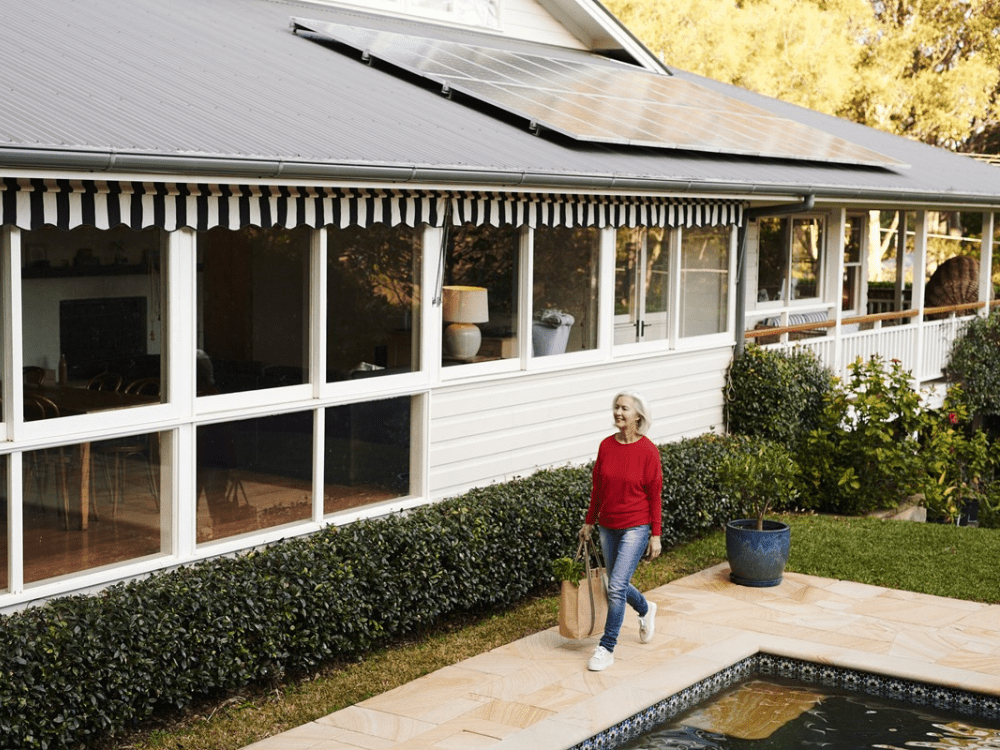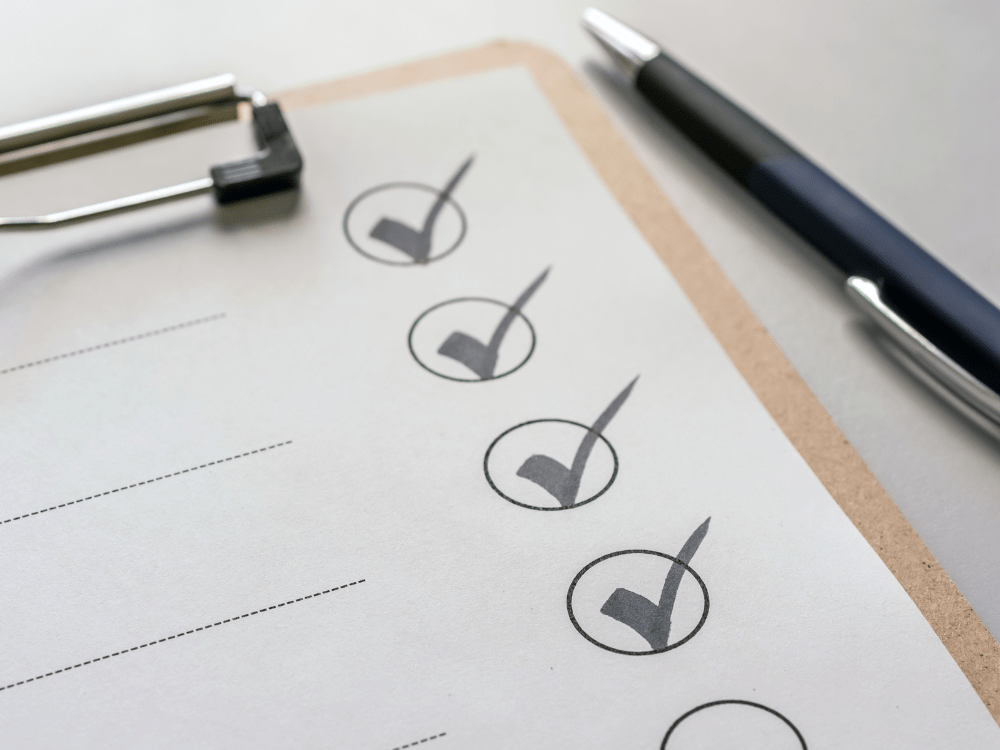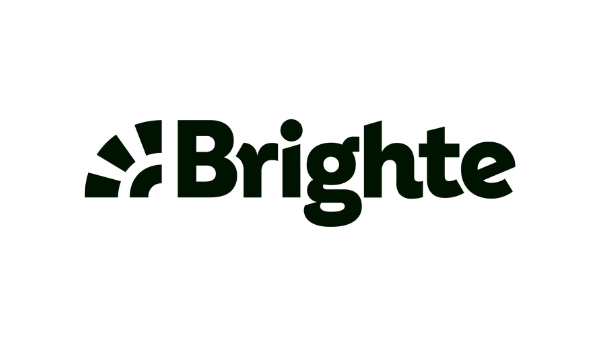Check your roof.
Generally, you’ll get the most out of your solar panels if your roof is north or northwest-facing and not blocked from shade or other buildings. Having said that, every roof receives light, so even if yours doesn’t fit the criteria above, you can still install a solar system and enjoy the benefits – it just might produce a little less power.
Assess your usage habits.
With solar panels, you need to keep in mind that residential solar systems generate electricity when the sunlight hits the panels during the daytime. If you don’t have battery storage, a solar system won’t retain any electricity for use at night time.
It’s really important to ask yourself if you’d use the electricity generated by the solar panels during the day or night. If you run a pool pump during the day or are running a business from home and using electricity throughout the day, you’re probably best suited for solar panels.

Check what plans are available.
Going solar can be a big investment, but there’s good news; setup costs no longer need to be a huge hindrance as nowadays there are payment plans available. Get a feel for what a solar setup will cost and how long until your system is paying for itself.
Do your research.
When investing in a solar system, make sure to check out the hardware, warranty, installer and supplier. If anything isn’t clear, speak to your retailer. Take some time to research how long the company you’re going with has been providing solar systems and whether customers are happy with their service, and always purchase your solar system from an accredited Clean Energy Council installer.
Investing in a solar system can be confusing, so make sure to speak to your provider, who can explain what government incentives, tariffs and plans are available to you. Each state and retailer will vary when it comes to what’s on offer, so make sure to do your research.









